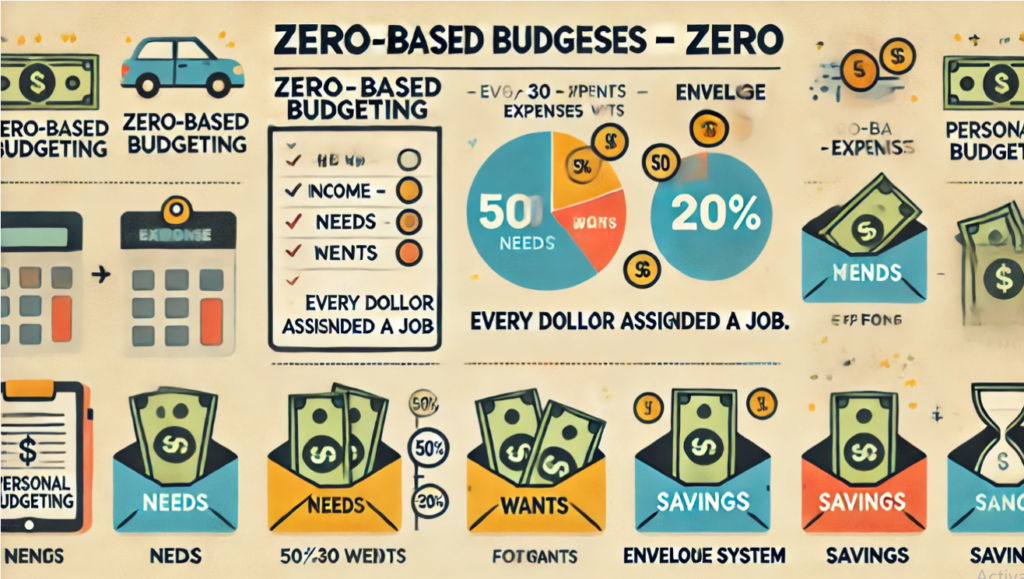
Financial planning is crucial for individuals to achieve their financial goals and secure their future. It involves setting specific goals, creating a budget, managing debt, and investing wisely. A financial planning calendar is a tool that can help individuals stay on track with their financial goals by providing a visual representation of their financial milestones and deadlines. In this article, we will explore how using a financial planning calendar can help individuals effectively manage their finances and achieve their financial goals.
Understanding Financial Planning and Its Importance
Financial planning is the process of setting and achieving both long-term and short-term financial goals. It plays a crucial role in providing personal and family security by ensuring that individuals have the resources they need to support themselves and their loved ones. A solid financial plan includes budgeting, saving, investing, debt management, and retirement planning. Many people face challenges when trying to meet their financial goals, such as unexpected expenses, inadequate savings, or high levels of debt. By understanding financial planning and its importance, individuals can work towards overcoming these challenges and achieving financial stability.
What Is a Financial Planning Calendar?
A financial planning calendar is a tool used to organize and track financial activities and goals over a specific period of time, typically a year. It differs from a traditional calendar in that it focuses specifically on financial tasks such as budgeting, saving, investing, and paying bills. There are various tools and formats for creating a financial planning calendar, including digital apps, spreadsheets, or physical planners. These tools can help individuals and families stay on top of their financial obligations and make informed decisions about their money throughout the year.
The Benefits of Using a Financial Planning Calendar
Using a financial planning calendar can offer a range of benefits. By scheduling financial tasks, you can increase organization and clarity, leading to better tracking of your financial responsibilities. It also helps with time management, as you can allocate specific time slots for different financial tasks. Additionally, a financial planning calendar can improve decision-making by helping you anticipate financial needs and deadlines. It also allows for goal tracking and progress monitoring, enabling regular check-ins on financial goals such as savings milestones and debt repayment progress. Finally, using a financial planning calendar can enhance discipline and consistency, encouraging a structured, repeatable approach to managing your finances. Overall, a financial planning calendar can be a valuable tool for maintaining financial stability and achieving your financial goals.
How to Create Your Financial Planning Calendar
For creating your financial planning calendar, the first step is to set clear financial goals, both short-term and long-term. This could include monthly savings targets, investment reviews, and bill payments. Next, break down these goals into manageable tasks and use a time-based approach to align them with due dates such as bill payment dates and tax deadlines. Incorporate regular check-ins into your calendar, whether it’s weekly, monthly, or quarterly financial reviews. Utilize technology or tools such as digital apps, Google Calendar, or financial software for reminders and tracking.
Key Tasks to Include in Your Financial Planning Calendar
Monthly Tasks:
It’s important to stay on top of your monthly financial tasks to ensure that you are managing your money effectively. This includes reviewing your budget to see where you stand financially, making sure you pay your bills on time, tracking your savings and expenses, and updating your investment portfolios to reflect any changes in your financial goals. By staying organized and proactive with these tasks, you can better manage your finances and work towards your long-term financial goals.
Quarterly Tasks:
Quarterly tasks for personal financial management typically include a review of your financial goals to ensure they are still aligned with your current circumstances and making any necessary adjustments. This is also a good time to engage in quarterly tax planning to ensure you are on track with your tax obligations and taking advantage of any potential tax-saving opportunities. Additionally, it’s important to regularly check your credit score and take steps to improve it if necessary. This can include reviewing your credit report for any errors, paying down debt, and making on-time payments to improve your credit score. These quarterly tasks can help ensure you are staying on top of your financial health and making progress towards your financial goals.
Annual Tasks:
It’s important to stay on top of annual financial tasks to ensure that you are meeting your long-term goals. This includes reviewing and adjusting your long-term financial goals such as retirement plans and major savings targets. Year-end tax planning is also crucial to minimize your tax burden and maximize your savings. Additionally, it’s important to review and update your insurance policies to ensure that you have adequate coverage for your current needs. By staying on top of these annual tasks, you can help ensure that you are on track to meet your financial goals and protect your financial well-being.
How a Financial Planning Calendar Can Help You Achieve Specific Financial Goals
A financial planning calendar can be a valuable tool in helping you achieve specific financial goals. It can help you automate and track emergency fund contributions, schedule and track debt payments to pay off debt, set investment review and rebalancing periods for investing for the future, align retirement contribution schedules with a calendar for retirement planning, and keep track of credit card payments and utilization rates for building credit. By using a financial planning calendar, you can stay organized and focused on reaching your financial goals.
Common Mistakes to Avoid When Using a Financial Planning Calendar
It’s important to avoid common mistakes when using a financial planning calendar. Some of these mistakes include over-scheduling or setting unrealistic goals, forgetting to factor in unexpected expenses, ignoring the need for regular reviews and adjustments, relying too heavily on automation without understanding your financial plan, and not adjusting goals as circumstances change. By being aware of these potential pitfalls, you can better manage your financial planning calendar and ensure it accurately reflects your current financial situation.
Tips for Staying Consistent and Motivated
Consistency and motivation are essential for reaching your goals. Here are some tips to help you stay on track. First, set reminders and alerts for important tasks to help you stay organized. Next, break large tasks into smaller, manageable pieces to make them more achievable. Celebrating small wins and milestones along the way can also keep you motivated. Seeking accountability partners, such as a financial advisor or friends, can provide support and encouragement. Lastly, regularly review and update your calendar to reflect new goals or challenges. These strategies can help you stay consistent and motivated as you work towards your objectives.
Tools and Resources to Enhance Your Financial Planning Calendar
There are a variety of popular financial planning tools and apps available, such as Mint, YNAB, and Personal Capital, that can help you track and manage your finances. These apps offer features like budgeting tools, expense tracking, and investment tracking to help you stay on top of your financial goals. Syncing your financial calendar with bank apps and reminders can also be incredibly beneficial. This can help you stay organized with bill payments, keep track of important financial dates, and receive alerts for unusual account activity. In addition to apps and syncing tools, there are also a wealth of resources available for further guidance. Blogs, books, and financial planners can provide valuable insights and advice to enhance your financial planning efforts.
Case Studies/Examples of Financial Success Through a Calendar System
In case study 1, a young professional was able to save for a down payment on a house by using a calendar system to track their income, expenses, and savings goals. By setting specific financial targets and regularly reviewing their progress, they were able to stay on track and achieve their goal within a desired timeframe. In case study 2, a family successfully used a calendar system to plan for their children’s education and their own retirement. By scheduling regular financial check-ins and setting aside money for specific milestones, they were able to ensure that they were financially prepared for their future goals. Case study 3 highlights how a retiree utilized a financial calendar to manage living expenses and healthcare costs.
Financial planning is crucial for achieving our financial goals and securing our future. By creating a financial planning calendar, we can effectively schedule and track our financial activities, such as budgeting, saving, investing, and paying off debts. This calendar serves as a visual reminder of our financial commitments and helps us stay on track with our goals. Using a financial planning calendar helps us manage our finances in a more organized and disciplined manner. It allows us to allocate specific timeframes for different financial tasks, ensuring that we give each aspect of our finances the attention it deserves. This structured approach can lead to better decision-making and improved financial outcomes. I encourage everyone to take action and start creating a financial planning calendar today.




















